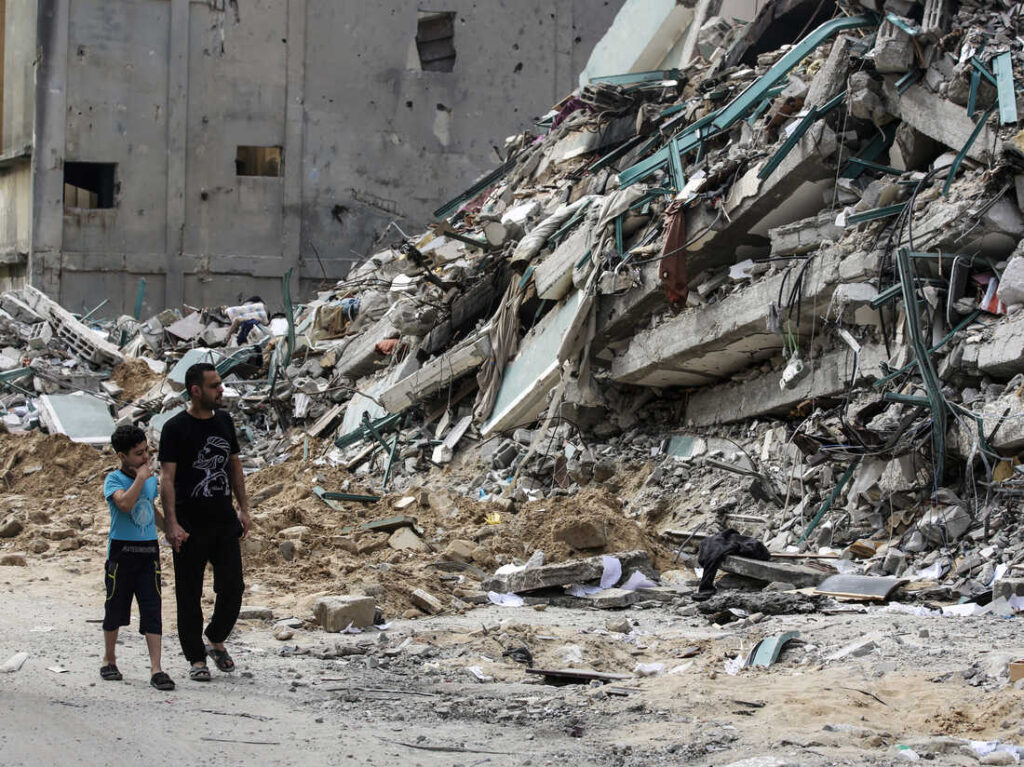Death toll from Israel-Hamas conflict surpasses 8,000 as UN warns against civil unrest
As the Israeli-Hamas conflict continues in Gaza, the death toll has tragically climbed to 8,005, which includes 3,342 children. This devastating escalation began on October 7 and is taking a heavy toll on the people in the region, according to the Gaza Health Ministry, which is under the control of Hamas.
Israeli officials have reported that during the initial attack, where Hamas militants breached the Gaza-Israel border, it resulted in the loss of 1,400 lives, with an additional 230 individuals being held captive.
On a separate note, the United Nations issued a grave warning on Sunday, highlighting the deteriorating civil order in Gaza. Reports from the war-torn Palestinian territory revealed that thousands of people had looted food warehouses belonging to the UN Relief Agency for Palestinian Refugees (UNRWA). Essential supplies such as wheat and flour had been taken from several locations.
UNRWA’s Gaza chief, Thomas White, expressed deep concern, stating, “This is a worrying sign that civil order is starting to break down after three weeks of war and a tight siege.” One of the affected warehouses, situated in the central town of Deir al-Balah, had stored supplies from humanitarian convoys that had been arriving in Gaza from Egypt since October 21.
UNRWA reported, “Thousands of people broke into several UNRWA warehouses and distribution centers in the middle and southern areas of the Gaza Strip, taking wheat flour and other basic survival items like hygiene supplies.”
In addition to these challenges, Israel has imposed a complete blockade on the delivery of normal food, water, medicine, and fuel into Gaza. The first convoy of humanitarian aid entered Gaza only two weeks later. Since then, while 84 aid trucks have made it into Gaza, aid agencies argue that the numbers are far from sufficient. Prior to the conflict, UN figures indicated an average of 500 trucks per day were entering Gaza.
Thomas White emphasized, “Supplies on the market are running out while the humanitarian aid coming into the Gaza Strip from Egypt is insufficient. The needs of the communities are immense, if only for basic survival, while the aid we receive is meager and inconsistent.” The situation remains dire, and the humanitarian crisis in the region continues to deepen.










More Stories
Military air strikes kill several terrorists in failed attack on Marte
Pastor’s driver mauls four siblings to death with pestle
Saudi Govt deports controversial Islamic cleric, Sheikh Gumi to Nigeria